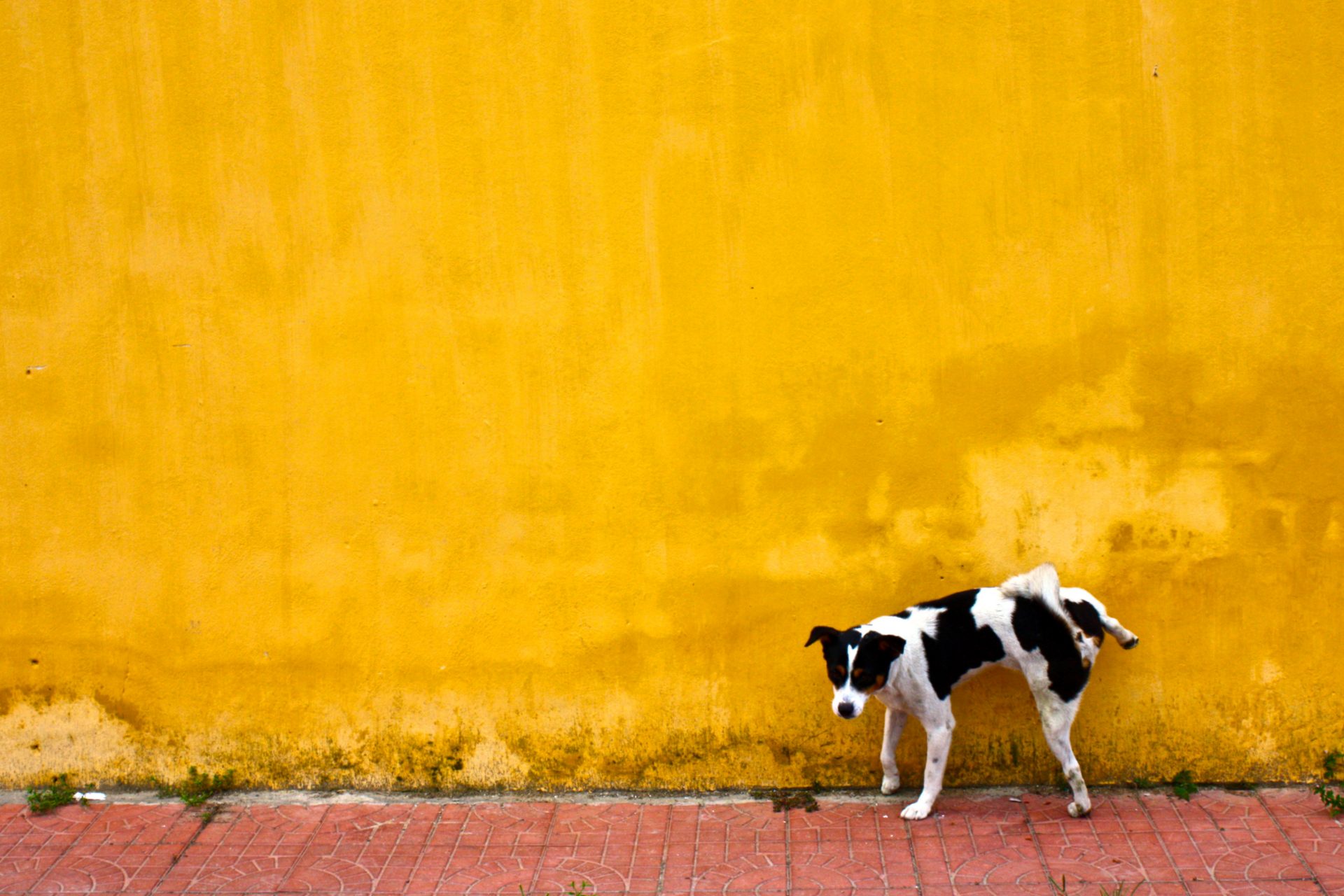Pandemic puppies are now overcrowding animal shelters
More and more European animal shelters are sounding the alarm because they are overcrowded. Many of their four-legged residents are victims of the Covid-19 pandemic. Bought out of loneliness or boredom, they are now evicted by many people.
“Most of the dogs brought here in the past eight months are one year old and completely unsocialized,” Frederick Guldner of the shelter in Saarbrücken, Germany, told the Berliner Zeitung.
“They don't know any other animals, little people, no cars, and no outside influences,” Guldner notes. “When a door slams, they startle.”
In the 12 months after the outbreak of the global pandemic in 2020, 23 million American households adopted a pet. That's 1 in 5, The Washington Post reports, based on numbers of the American Society for the Prevention of Cruelty to Animals (ASPCA).
“Even President Biden adopted a new dog, Commander,” the Washington Post remarks, as if he was part of the same trend.
Photo: @POTUS / Instagram
The BBC reports that in Britain, 3.2 million pets were purchased or adopted in the first 12 months of the pandemic.
In that same period, the number of pets in Germany increased by about one million (data from the organization of animal supplies' producers and the German Association of Zoological Specialists). That's an absolute record. In the neighboring Netherlands, where the lockdowns were less strict, about 80,000 households bought a pet in 2020-2021.
According to the Belgian Animal Nutrition Organization (BEPEFA), “more than one in ten Belgian families have welcomed a (new) pet since the lockdown last year.” Belgian newspaper De Standaard describes the trend as “fur hunger.”
Due to the social contact restrictions during the pandemic, many people were looking for a buddy. Loneliness and an 'empty nest' in the house were important factors for people to get a pet.
A dog also gave people a reason to take to the streets for a walk. In many countries, it was, in fact, the only way to be allowed outside during the strictest lockdowns. People were clever, they thought, by getting a pet a passport to the streets.
Kristina Berchtold from the animal shelter in Munich told Der Spiegel that some people “wanted to know if we lend out dogs for the evening because walking was exempt from the lockdown restrictions.”
“The positive effect of pets on people has been scientifically proven,” psychology professor Andrea Beetz of the University of Erfurt told Tagesschau.
The explanation for this is the hormone oxytocin, which is produced when someone pets an animal. It reduces fear, stress and aggression.
By 2022, many people have gone back to the office. They can go on vacation again or to concerts, day trips, and other occasions where you usually can't take your dog with you.
“The dogs and cats that were purchased [in the pandemic years] are lonely at home,” Femke Pasquino-de Harde of the Dutch animal exchange foundation (Verhuisdieren) told RTL Nieuws.
Animal shelters often have an additional problem with these 'pandemic dogs': many have not been properly socialized and trained.
Femke Pasquino-de Harde explains to RTL that “puppies have to be socialized in the first half of the year. You often do this at a dog school, but they were closed during the lockdown.”
Many pets never learned to be left alone. “They break things in the apartment and can't walk on a leash,” says Andreas Lindig of the German Animal Welfare Association.
RTL Nieuws reports that before the pandemic, there were on average about 1400 animals on the 'Verhuisdier' pet exchange site. Now, after lockdowns have passed, there are 2200 pets looking for an owner. The foundation confirms that “half of these animals are less than two years old and therefore purchased during the Covid-19 lockdown.”
Experts told RTL that people have “underestimated the arrival of pets in their lives.” Josephine Woltman Elpers, lecturer in animal welfare at the Van Hall Larenstein University of Applied Sciences, explains that people with a 'corona pet' “have not received the correct information about the care or behavior of the animal.”
In the U.S., experts see other trends in the ownership of pandemic pets. In May 2021, for example, several media reported data from the American Society for the Prevention of Cruelty to Animals (ASPCA) saying that only a small percentage of the 23 million purchased animals had been surrendered to a shelter.
The ASPCA reported in May 2021 that “the vast majority of these households still have that pet in the home –90 percent for dogs and 85 percent for cats– and are not considering rehoming their pet in the near future.” Since then, the organization has not sounded any alarm about a possible decline in this percentage.
They also see other motives at hand than in Western Europe. The trend in the U.S., Reuters has stated, is that owners often felt forced to get rid of their cat or dog because of changing economic conditions. For one, as the Washington Post remarks, new owners are often taken aback by the high veterinary bills.
Reuters reported after one pandemic year that “surrenders of dogs to shelters have risen sharply”. However, they added that it was mostly done by poorer families. Allison Cardona, deputy director of LA County Animal Care and Control said it was mostly because “owners in poorer communities have lost income or their homes during the pandemic”.
Pet experts find it understandable that pandemic puppies are less likely to be adopted from shelters. They are not the most attractive animals because they have not been socialized, and shelters don't have the means to re-educate them.
Chloe Esperiquette of the 'Wags and Walks' adoption center in Los Angeles emphasizes, however, that the returned animals are not “damaged goods”. As she tells Reuters, “they were just a problem for somebody for some reason and they ended up in the shelter for something that wasn't really their fault and they didn't really deserve”.
Photo: Cierra Voelkl / Unsplash
Importantly, TV producer Glen Zipper ('Dogs' and 'Cat People') says it's best to do your own search for another owner pet if you can no longer take care of your pet. “The last thing you should do is immediately go to the shelter,” he told Reuters. When a pet enters a shelter, there's a larger possibility that it will be put to sleep.
Photo: Thomas Park / Unsplash
More for you
Top Stories








































